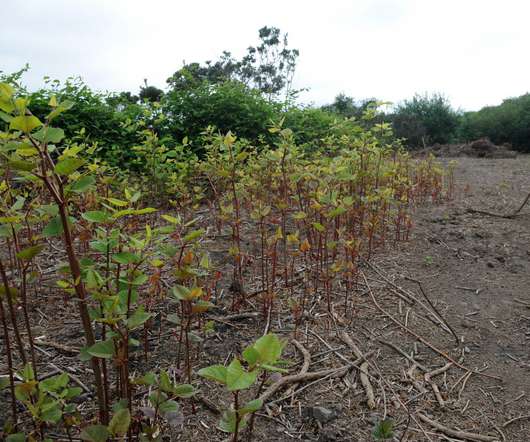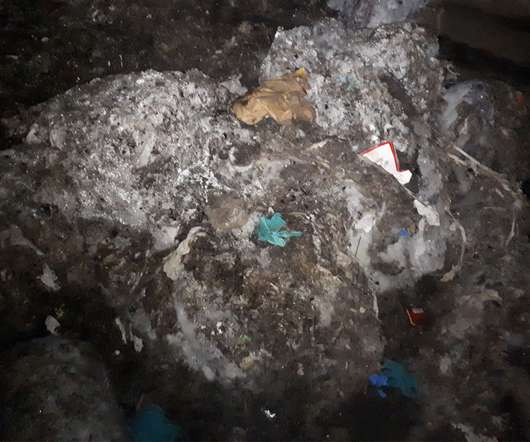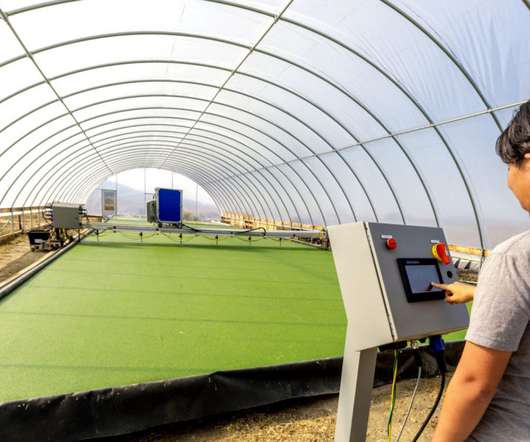Dealing sensibly with knotweed (with a nod to emissions)
Envirotec Magazine
DECEMBER 19, 2021
The Japanese knotweed removal industry generates thousands of tonnes of plant waste every year which is consigned to landfill sites where it either regrows or decays, giving off harmful gases such as methane. The charcoal is made into biochar simply by adding a liquid fertiliser, improving soil structure, health and fertility.

















Let's personalize your content